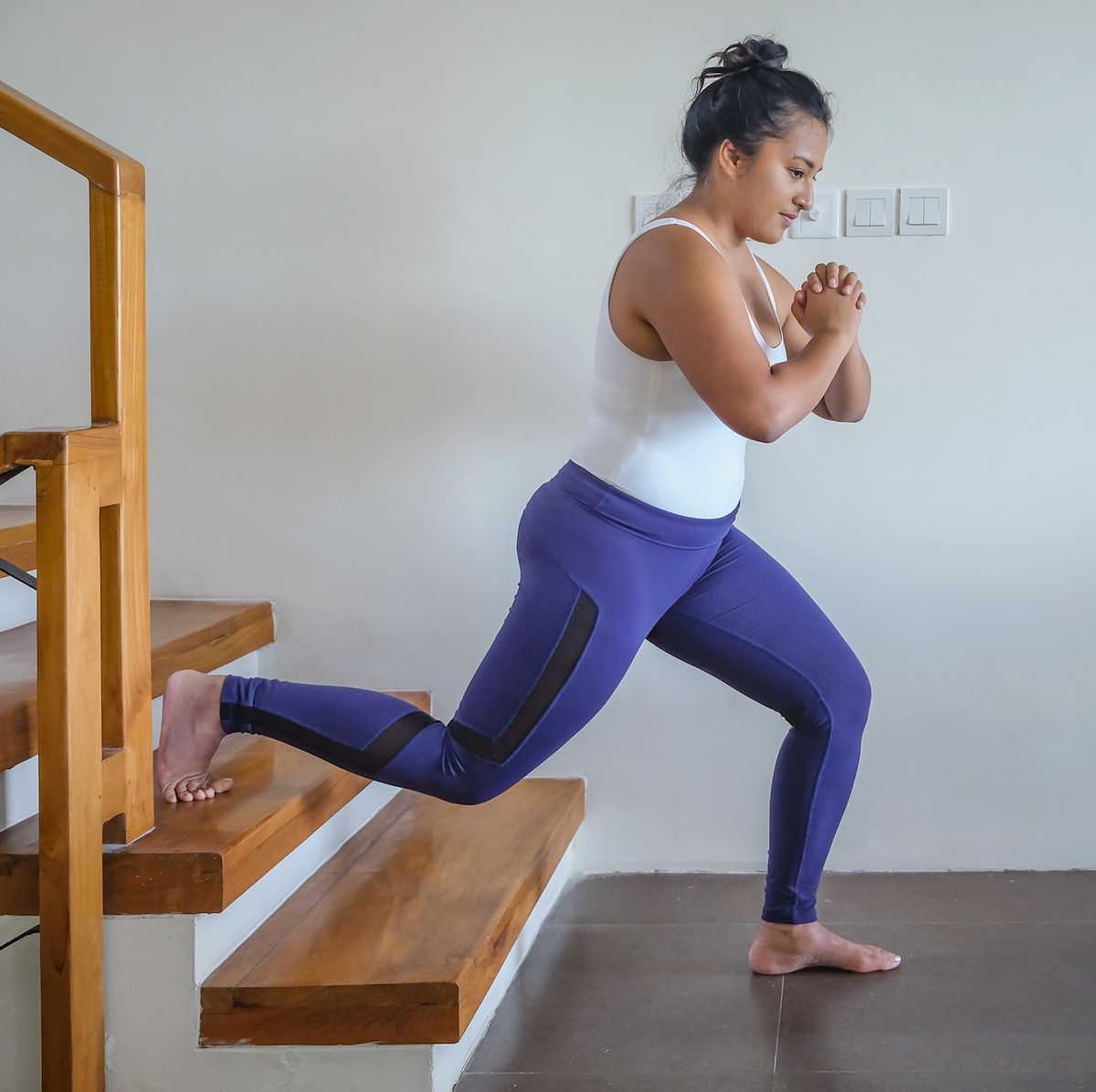Working out is a great way to stay healthy and improve your physical fitness. However, intense workouts can often leave you feeling sore and fatigued. The good news is that there are many ways to recover faster after a workout, allowing you to get back to your exercise routine sooner and with less discomfort.
One of the most important things you can do to recover faster after a workout is to stretch. Stretching helps to increase blood flow to the muscles and can help to reduce muscle soreness and stiffness. Before and after your workout, take the time to stretch all of your major muscle groups, holding each stretch for 30-60 seconds.
Another important aspect of recovery is proper nutrition. After a workout, your body needs the right nutrients to repair and rebuild muscles. Eating a balanced meal that includes protein and carbohydrates within 30 minutes of your workout can help to jumpstart the recovery process. Foods like chicken, eggs, nuts, and whole grains are great sources of protein and carbohydrates that can help your muscles recover.
In addition to proper nutrition, staying hydrated is also crucial for recovery. Drinking plenty of water before, during, and after your workout can help to prevent dehydration and can help to flush out any toxins or waste products that may have built up during exercise. Aim to drink at least eight glasses of water per day, and more if you are exercising vigorously or in a hot environment.
Getting enough rest is also important for recovery. Your body needs time to repair and rebuild muscles after a workout, and sleep is one of the best ways to facilitate this process. Aim for seven to eight hours of sleep per night, and consider taking a nap or resting for a few hours during the day if you feel particularly tired or sore.
Massage and foam rolling are other techniques that can help to speed up recovery after a workout. Massage can help to increase blood flow to the muscles, reduce inflammation, and release tension in the muscles. Foam rolling, which involves using a foam roller to apply pressure to specific muscles, can also help to reduce soreness and tightness in the muscles.
Finally, consider taking a rest day or engaging in low-impact exercise on your recovery days. Your body needs time to recover and rebuild after a workout, and over-exercising can actually hinder the recovery process. Taking a day off or engaging in low-impact activities like walking or yoga can help to reduce muscle soreness and fatigue while still allowing you to stay active.
In conclusion, recovering faster after workouts is an important part of any exercise routine. By stretching, eating a balanced diet, staying hydrated, getting enough rest, using massage and foam rolling techniques, and taking rest days, you can speed up the recovery process and reduce muscle soreness and fatigue. Incorporating these recovery techniques into your exercise routine can help you to stay healthy and active while minimizing the risk of injury or burnout.
